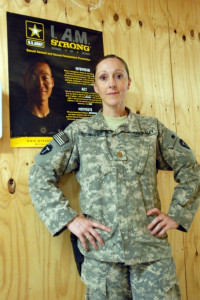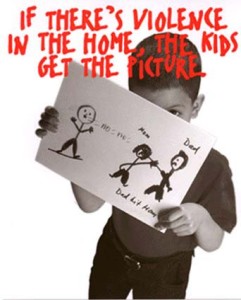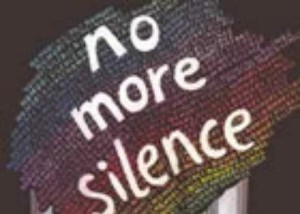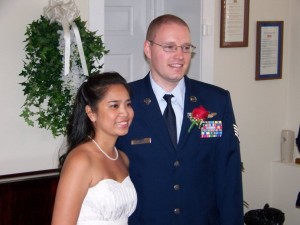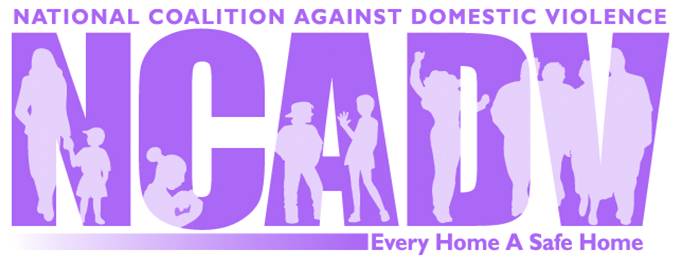“I personally have worked with a Psychiatrist, a Psychologist doing long-term psychotherapy, and am presently paying big bucks for a Group Coaching Program in business. I am not the least bit embarrassed to admit these things, and in fact, I am quite proud of myself for publicly stating this. Let me explain why. It took me almost 40 years to get over myself. Yes, that’s what I said. I was prideful – so prideful that I could not and would not ask for help, even when I needed it. I am so glad that I got the slap in the face and wake-up call that saved my life so I could seek the help of professionals. I must say that I would not be where I am today if I had not sought the help I needed. For that reason, I am proud of me and explain to others, even the very strongest people will know when to raise their hand and say, ‘It is my time now. I am going to do this for me.’ You are worth this. Get the coaching you deserve”
~ Dr. Gayle Joplin Hall
Group Coaching by a professional has many perks, but for the sake of keeping this article to a fairly short reading span, I am going to list five of those benefits. These include (but are not limited to):
1) You will very quickly learn that there are many others who are facing the same or similar situations as yourself. This will help you understand that your issue is not “different” and rather, that it is a fairly common or “normal” problem that needs to be dealt with through coaching.
2) Learning is shared exponentially through the group format. As the group grows, the learning amongst the members is more freely shared. Members become teachers. We all learn from each other. Any time that learning is taking place, no matter how it is happening, it is a good – no – it is a great thing! Learning is the key element to personal and professional growth.
3) A support system is quickly developed between members in the group. This is evident in almost every group I have ever belonged to…yes, some more than others. The camaraderie may end up being one of the main reasons you want to belong to the group and stay with the group. You like your new friends so much that the coaching session is very enjoyable for you each week (as it should be).
4) There is “safety” in numbers. By this, I simply mean that you instantly feel comfort and welcomed from the very first teleseminar because you know that you are not alone. Just knowing you will not be on the call by yourself (or on the computer if you choose to dial in that way), provides you with enough security that you look forward to the sessions.
5) Group Coaching is affordable in a way totally different than private coaching can ever be. For less than $10 per week, my clients can listen in to a session every Tuesday and have an encore presentation if they miss that session. There is virtually little to no reason most people could not be members of my Group Coaching Sessions, if they want to be. The sessions are jam-packed with information in a “discussion-style-format.” Plus, here is the biggie. You, the listener, will help decide the subject and topic for coaching sessions. Each week, prior to the next teleseminar, I will ask you to submit your subject or issue you’d like to have discussed (if you have one). The bulk of emails and subject matter will help determine the topic up for discussion. Pretty cool, huh?
So, if you have ever dreamed of having your own Coach, like professional athletes, movie stars, singers, and rock idols, now is your perfect chance to have the first Session on Tuesday 14 August 2012 for absolutely FREE. Yes, it is FREE! For the next month, the membership-based program costs you only $1.00. Beginning with 18 September, the weekly Coaching Program is $39.99 per month, billed on a recurring basis. You may quit at any time, for any reason. For those who pay in advance after the first free session, there is a sizeable discount.
Now, if this rocks your planet, please “like” the FB biz/fan page of Dr. Hall on Call, like the FB Page of Exceptional Living, and then go to: www.DrHallonCallCoaching.com to get registered before it is too late. I can’t wait to see you on the call!


